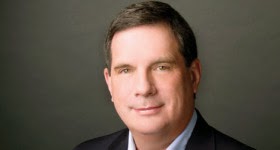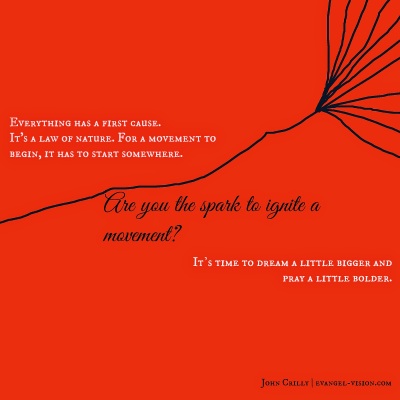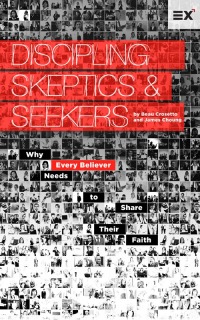by Grant McClung
Meet Michael, Miguel, and Mustafa—three men from three different “worlds.” Each one has arrived at his appointed destiny before God’s judgment seat (Matt. 25:32; Rom. 14:10; Heb. 9:27). Each one is rehearsing his personal moment of reckoning.
Michael. “I think we must know each other,” says Michael as he “approaches the bench.” Michael supposes that he will be eternally “okay” since he had lived in the United States of America—a gospel-saturated world with a proliferation of evangelical churches, Christian programming in his language on multiple television channels and radio stations, a flood of Christian literature, and other “Christian” cultural amenities. From the bench comes the sobering reply: “Sorry, I never knew you.” The verdict for Michael: “lost.”
Miguel. Miguel had a similar story, reared in the context of a religious system that provided enough of a distant, superstitious, medieval religiosity that inoculated him against the real thing. The “real thing”—a personal born-again experience with Christ—was certainly not a hidden thing in his Latin American country where evangelicals and Pentecostals were front-page news across his cultural world in dynamic, explosive growth.
In Miguel’s “world,” the good news of the gospel was proclaimed openly, frequently, and with passionate evangelistic fervor. It raced like wildfire among families and across neighborhoods, transforming entire communities and nations. Like his North American counterpart, Miguel had come face to face with many gospel exposure opportunities and numerous gospel invitations.
But because he never accepted Christ, Miguel’s verdict was the same as Michael’s: “lost.”
Mustafa. What had made Mustafa’s world different from Michael’s and Miguel’s? Mustafa had lived in the vast, unevangelized Muslim world and his name could be exchanged with many other personal names from the Hindu, Buddhist, or Tribal worlds (the world’s largest blocs of least evangelized humanity). Mustafa, like the billions of others from those massive unreached populations, was born, reared, and eventually died in a world where there was absolutely no prominent evidence or understandable symbols of Christian presence or proclamation. Mustafa’s personal world was void of any exposure to the gospel: no gospel presentations, not one Christ-follower, no local fellowship of believers in Jesus.
The verdict for Mustafa is likely the same as that of Michael and Miguel: “lost.”
In the end, all three men from three very different worlds were likely tragically lost without Christ. Biblically speaking, there are no “degrees” of lostness. One can miss heaven by an inch or by a mile—but he or she has still missed heaven, whether he or she has lived in Tennessee, Tabasco, or Timbuktu.
One Choice for Those Who Follow Christ
But there is “one choice” that must be made by those who follow Christ and obey his missional agenda for the “three worlds” and the remaining least evangelized worlds on our globe. The one indispensable and strategic choice that must be made is the prioritization of preaching the gospel to the least evangelized as quickly as possible. Mustafa must have as equal an opportunity to hear (at least once) and respond to the gospel as Michael and Miguel have been given in repeated gospel presentations.
Here is God’s “one choice”: He does not want “…anyone to perish, but everyone to come to repentance” (2 Pet. 3:9). Scripture indicates that God “…commands all people everywhere to repent” (Acts 17:30) and has given marching orders to us to make sure that they have the basis upon which to repent—the presentation and understanding of the gospel (Matt. 28:18-20; Mark 16:15; Luke 24:47-48; John 20:21; Acts 1:8). Romans 15:14-15 says,
How, then, can they call on the one they have not believed in? And how can they believe in the one of whom they have not heard? And how can they hear without someone preaching to them? And how can they preach unless they are sent?
Let us not give up on our efforts to evangelize the worlds of Michael and Miguel. If we, however, like the original missional Church, are serious about the least evangelized who have never had their first gospel presentation, our “one choice” will practice the Apostle Paul’s passion:
“It has always been my ambition to preach the gospel where Christ was not known, so that I would not be building on someone else’s foundation. Rather, as it is written: ‘Those who were not told about him will see, and those who have not heard will understand’” (Rom.15:20-21).
Three men…three worlds…one choice. Mustafa is waiting.
Dr. Grant McClung, president of Missions Resource Group, is a member of the U.S. Lausanne Advisory Committee and missiological advisor to the World Mission Commission of the Pentecostal World Fellowship. He is on the editorial council for Evangelical Missions Quarterly.
.png)














